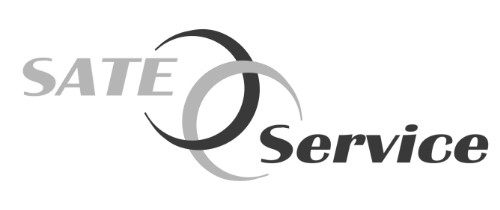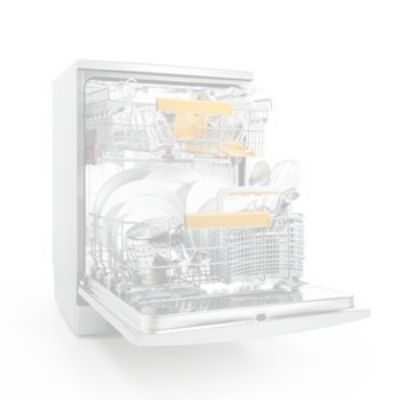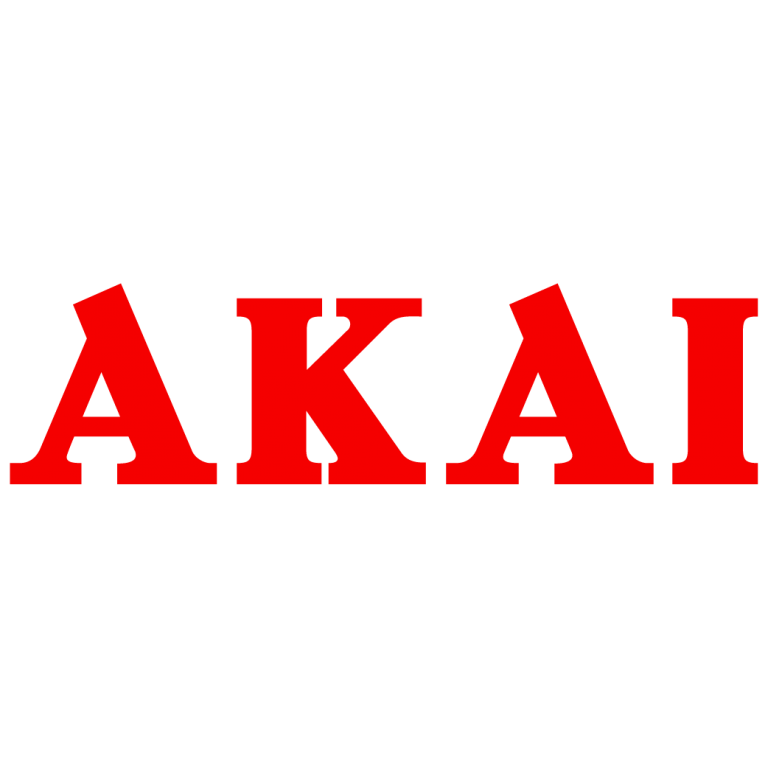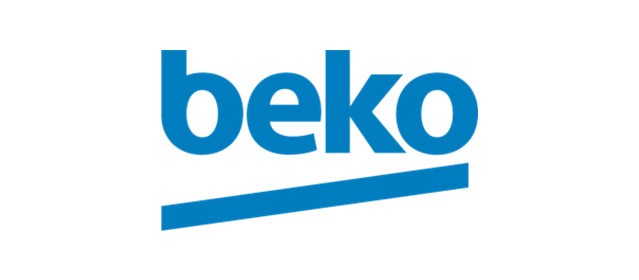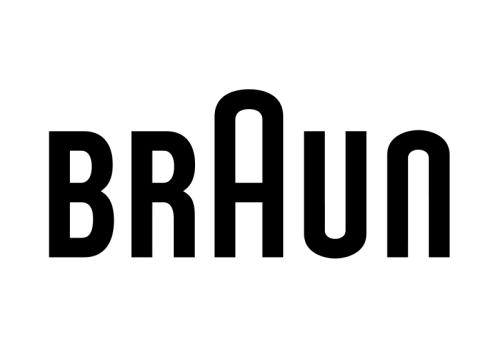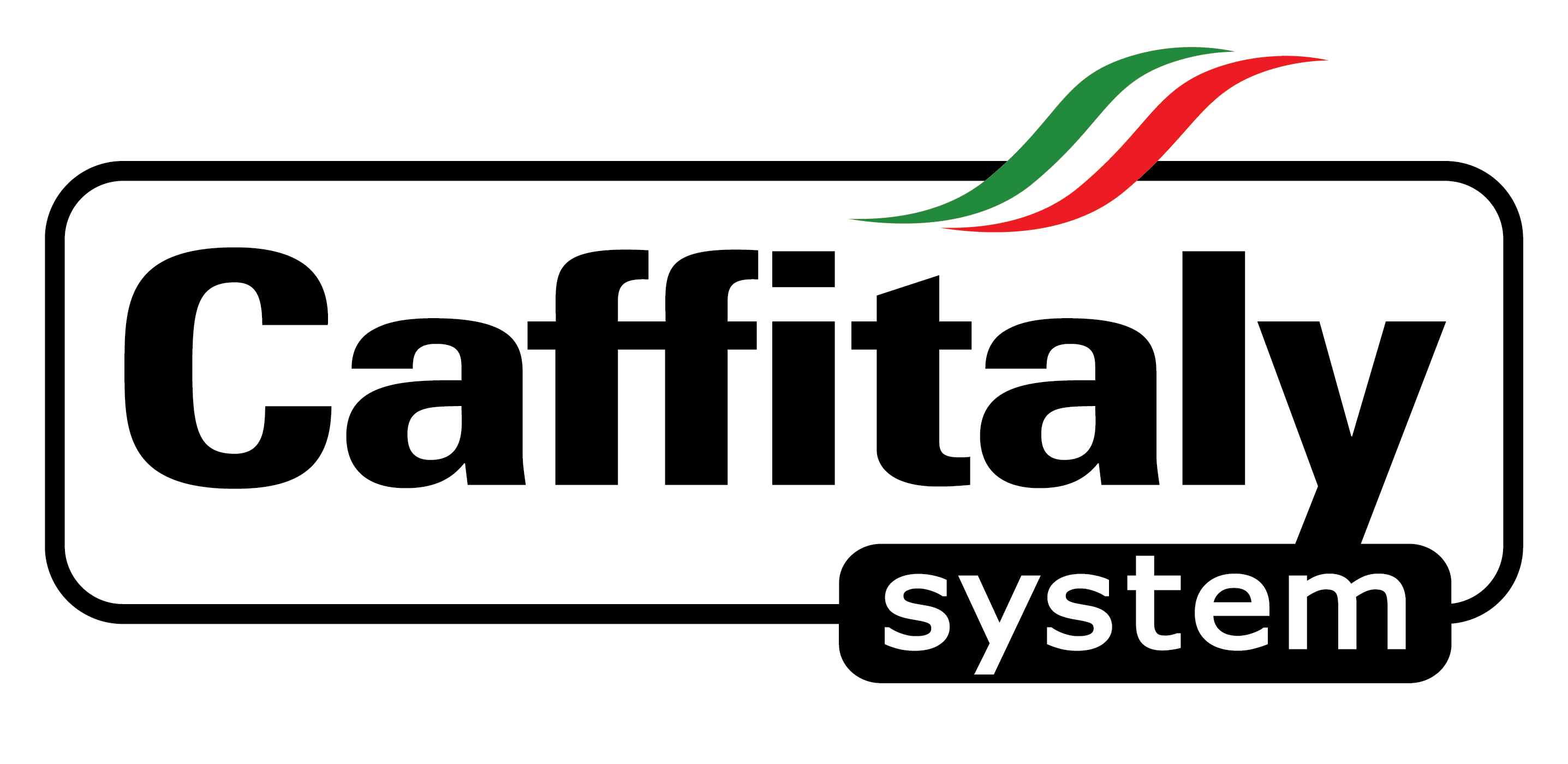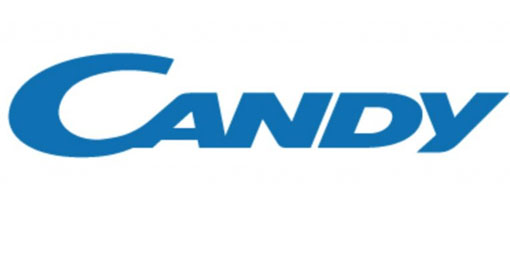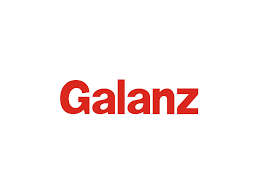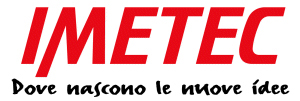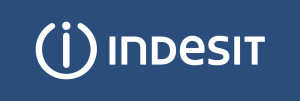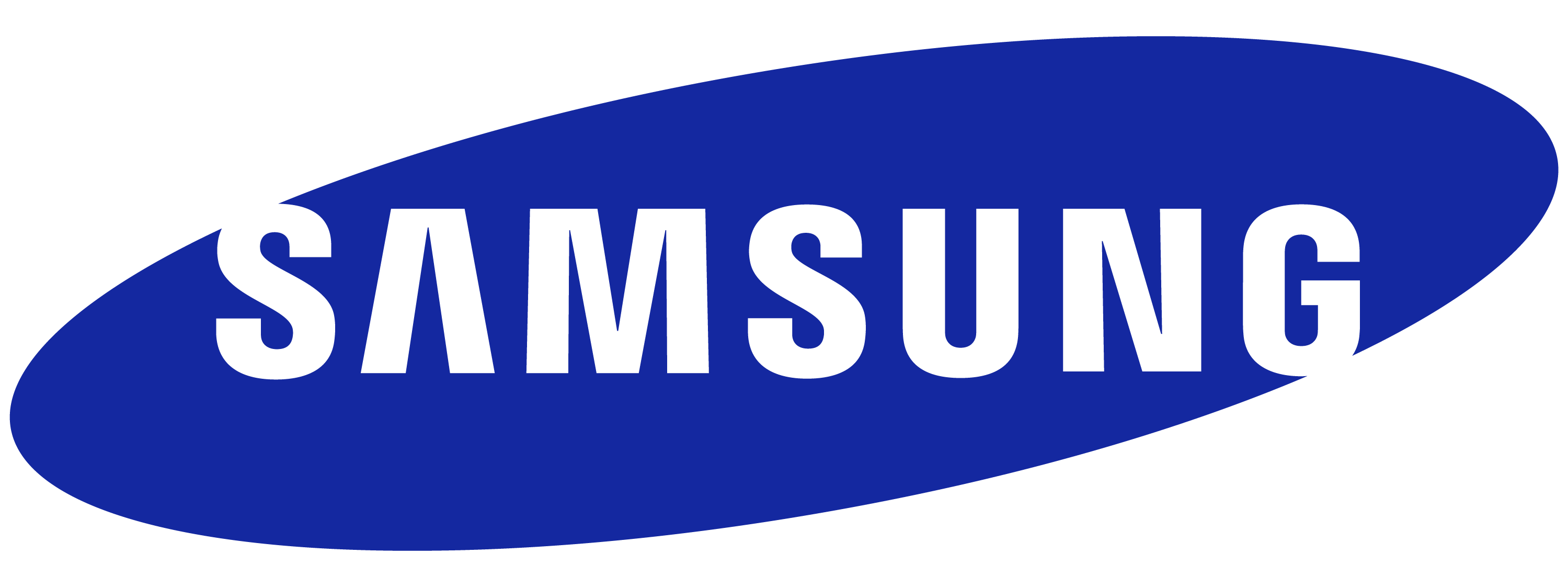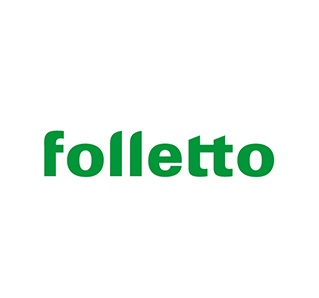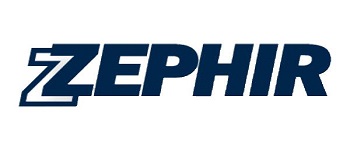The Impact of Blockchain Technology in Auditing Deloitte US

It is also very likely that, in the next few years, more audits will be augmented by cognitive technologies, which confer many of the same benefits and may portend even greater potential than other technologies for the audit. Whatever your stance, it’s hard to ignore the growing number of organizations accepting cryptocurrency. This has made blockchain accounting a hot topic, especially for those in the accounting profession. Schools and big accounting firms like Deloitte are already educating on blockchain accounting. The blockchain enables the implementation of a system of accounting that requires transaction verification from a neutral third party.
Applications of Blockchain in Financial Accounting
If this subject interests you, understanding closing your books will help you more easily see the promising value of blockchain. It protects the sensitive data of the transaction and acts as a receipt that verifies the transaction what is the difference between depreciation and amortization occurred at a certain time. Blockchain has gained a lot of traction despite being a polarizing technology and an elusive concept for many.
It’s immutability and decentralized nature make it unique, but its function of recording transactions makes it familiar to those in the accountancy profession. Developing professional knowledge and understanding of this emerging technology and its applications will be crucial to ensuring the profession’s relevance and future readiness. Blockchain technology proposes an alternative accounting information system that mitigates the challenges faced by the current double-entry system and transforms the technological skill set and focus of the profession. It promises to provide better data petty cash meaning in accounting quality, increase financial reporting transparency, and provide real-time reporting in an environment that increases trust and lessens the opportunity for fraud. CPAs will need to acquire a working knowledge of the blockchain and smart contracts to navigate in this new triple-entry accounting environment. This emerging and disruptive technology also promises to alter the accounting professional’s perspective, from transaction-focused to analytical.
Author Services
- So with blockchain, it will likely develop into and become a more prevalent feature of daily and economic life.
- CPAs will need to acquire a working knowledge of the blockchain and smart contracts to navigate in this new triple-entry accounting environment.
- The CPA Journal is a publication of the New York State Society of CPAs, and is internationally recognized as an outstanding, technical-refereed publication for accounting practitioners, educators, and other financial professionals all over the globe.
- Regardless, the underlying technology—the blockchain—is relevant to accountants and auditors alike.
- So stablecoins are meant to be pegged to an underlying existing fiat currency or asset.
Businesses keep their own ledger to ensure business’ financial records are accurate and compliant. Though mainstream adoption isn’t happening any time soon, it’s becoming increasingly important to understand how blockchain technology can change many aspects of tax season preparation as you know it. Blockchains and their almost immediate provision of an immutable record of transactions provides for shared transaction information, automatically synchronized across each location. Such a provision of information removes transaction level reconciliations and facilitates developing continuous auditing. For auditors, this offers the potential for a transition from a periodical or annual exercise to a continuous matter, one that can now encompass both parties to a transaction simultaneously. And going back to blockchain, things like smart contracts, that’s absolutely something where the profession needs to play a role with the SOC standard and give some level of trust that people’s smart contracts are written properly.

International Journal of Accounting Information Systems
It records transactional data in a way that’s almost impossible to manipulate. To illustrate how to share information with huffpost this in practice, say that company X wants to send money to company Y to pay an outstanding invoice related to the purchase of software (Exhibit 1). Company X inputs the transaction in the database, thereby creating a block. The block (or transaction) is broadcasted to every authorized member of the network.
Blockchain distributed ledger technology would popularize the triple-entry accounting system. The CPA Journal is a publication of the New York State Society of CPAs, and is internationally recognized as an outstanding, technical-refereed publication for accounting practitioners, educators, and other financial professionals all over the globe. Edited by CPAs for CPAs, it aims to provide accounting and other financial professionals with the information and analysis they need to succeed in today’s business environment. Presently, over 1,600 digital currencies using blockchain are in circulation. Some critics see these virtual currencies as speculative assets, while others suggest they are good investments. Regardless, the underlying technology—the blockchain—is relevant to accountants and auditors alike.
This is achieved via a triple entry accounting system that, essentially, maintains three ledgers, one each by the seller, the buyer and a public set of (cryptographically authorized) records. The public set represents virtually irrefutable evidence of the underlying transactions. It is important to note that organizations can control access to the data, both in terms of who can access the data and what data can be accessed. At Deloitte, our people work globally with clients, regulators, and policymakers to understand how blockchain and digital assets are changing the face of business and government today.
That’s a spot for the accounting audit professional to understand, “This is an ecosystem I need to keep up on.” And that the tools for that ecosystem are beginning to appear. Blockchain makes it possible to write verified transactions to a distributed ledger in a secure fashion, without a central authority, between untrusted parties, creating an undeniable past, value for each node and adding value (trust) to those transactions. With smart contracts, transactions automatically go through when certain conditions are met. This helps accounting professionals and organizations automate jobs like payroll and reconciliations.This would save organizations on costs linked to manual entry errors such as administrative expenses. Standard accountancy requires a significant time investment from all organizations in the supply chain.
